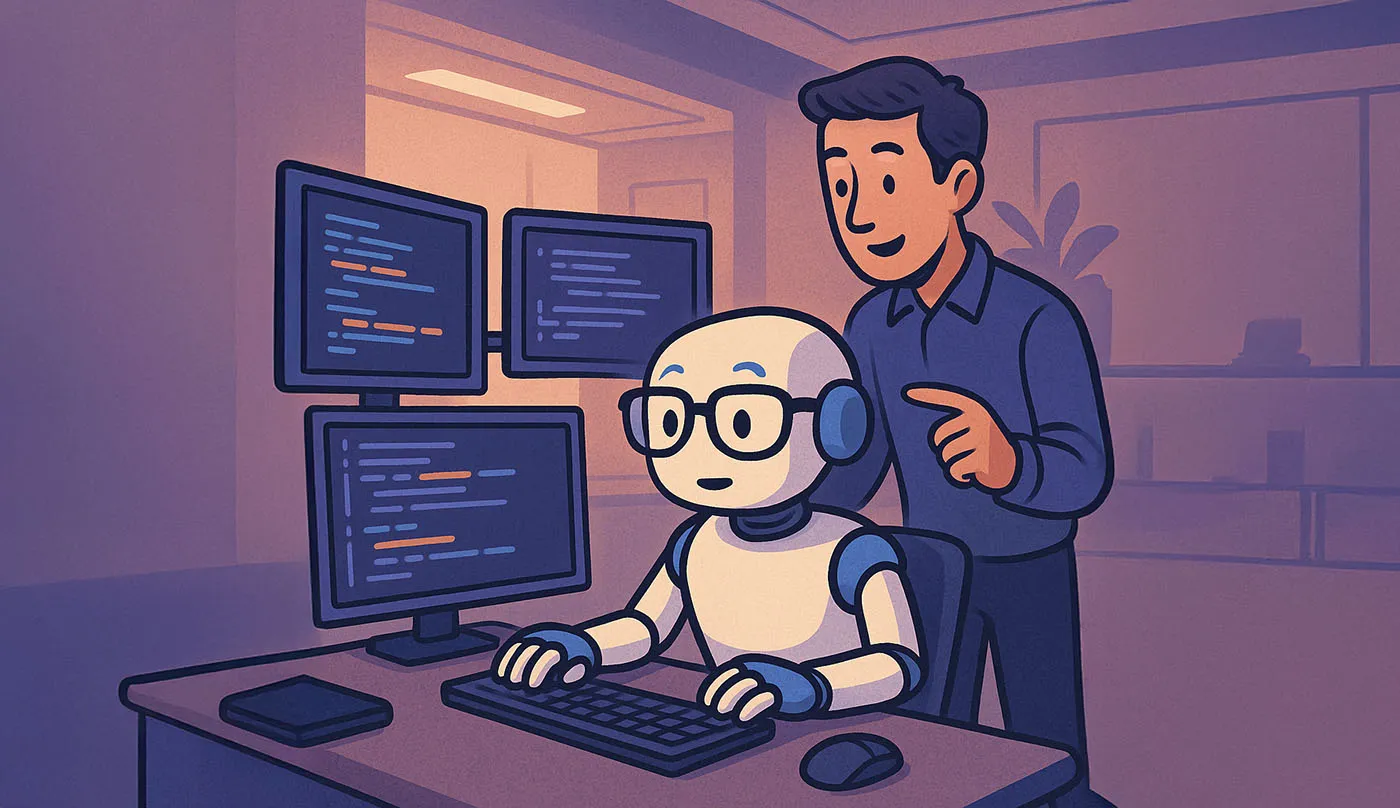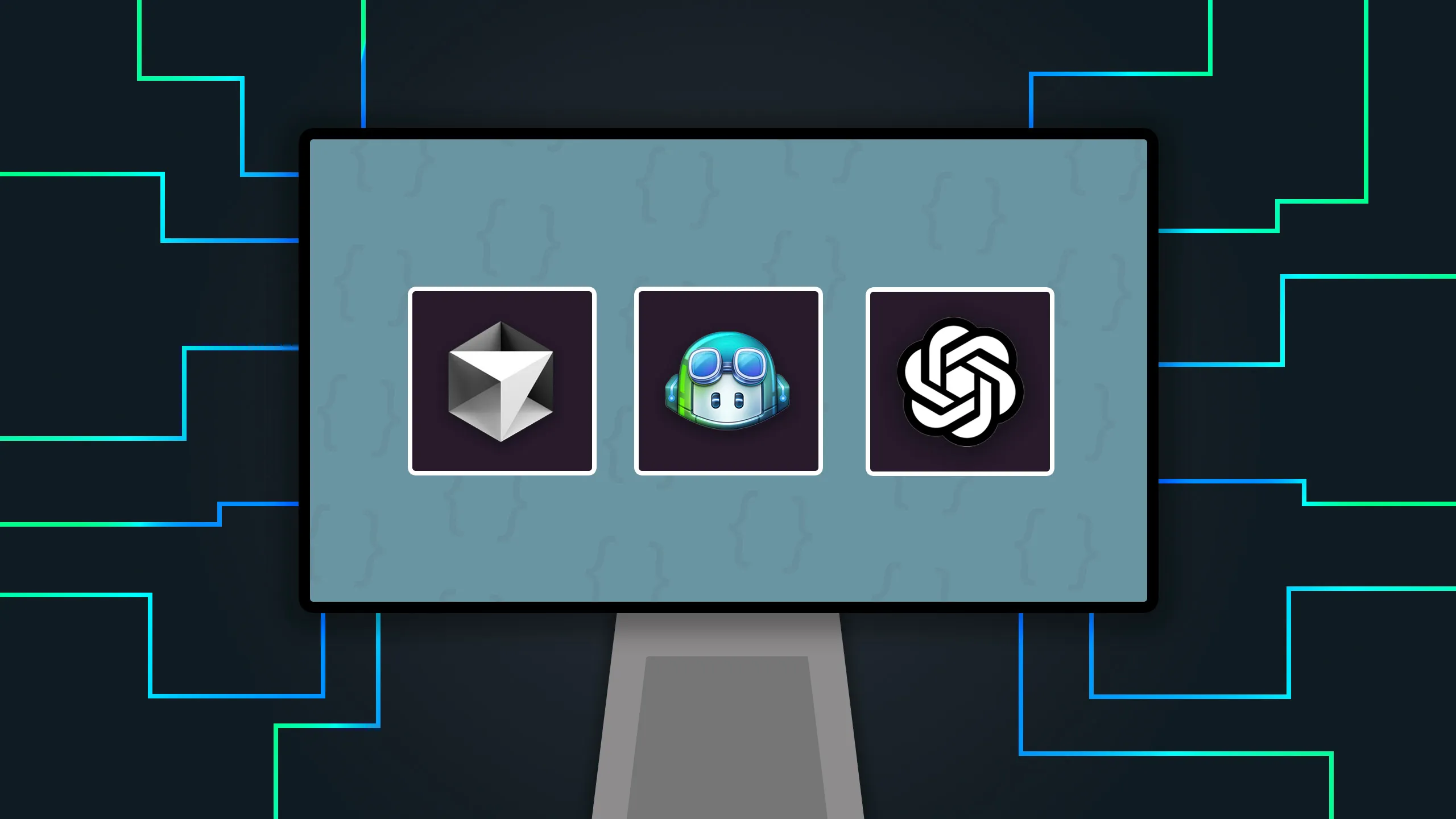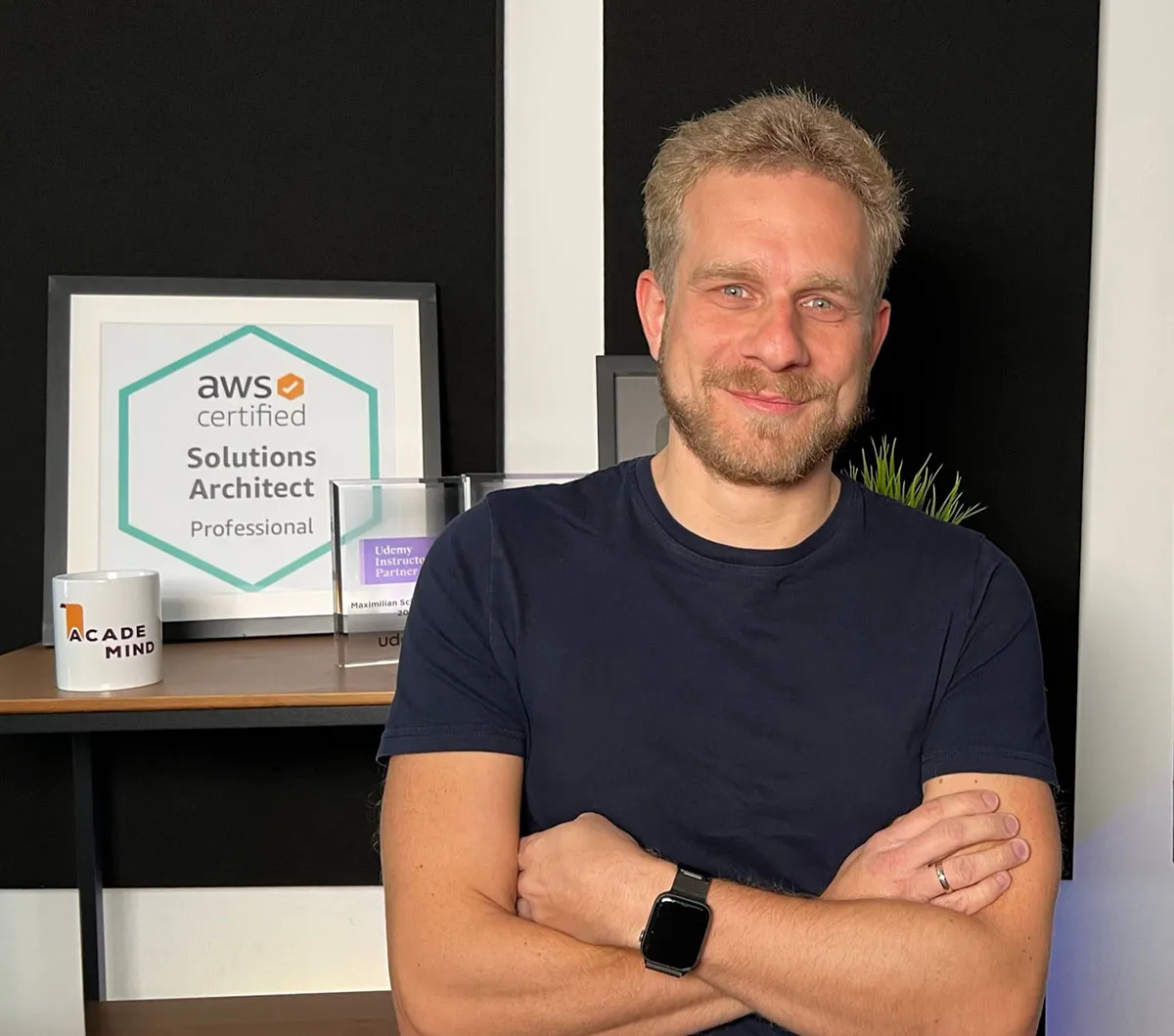
The Danger of Relying Too Much on AI
We’re drowning in options for AI coding help - ChatGPT, Gemini, Copilot, and a rapidly growing ecosystem around them.
These tools are undeniably impressive; they can spit out code faster than most humans, tackle repetitive tasks with ease, and even suggest solutions to tricky problems.
But here’s the thing not enough people really talk about loudly enough: to truly leverage these tools, you still need to be…a pretty good coder.
Relying on AI assistance effectively isn’t passive consumption - it’s a collaborative process.
Think of it like having a super-powered intern - incredibly helpful for specific tasks, but still needing clear direction and constant oversight.
They don’t understand the why behind your project; they just execute instructions.
Why Coding Skill Matters Even (and Especially) With AI
Let’s break down what “pretty good” means in this context. You get the best results when you can:
- Formulate precise prompts: Generic requests like “Write me an application” are almost guaranteed to be useless. A much better approach is to provide specific, detailed instructions: “Generate a React component that fetches data from this API endpoint (link provided), handles errors by displaying a user-friendly message in this format (example included), and includes these specific unit tests.” The more context you give, the better the output.
- Evaluate generated code: AI isn’t magic, despite what some might believe. It hallucinates facts, makes logical errors, introduces security vulnerabilities, and often produces output that wouldn’t pass a basic code review, let alone be suitable for production. You need the skills to spot these problems: understanding syntax, recognizing potential bugs, identifying performance bottlenecks, and ensuring adherence to coding standards.
- Iterate strategically: Asking an AI to create a complete application in one go is rarely effective. The results will likely be buggy, incomplete, or simply not what you envisioned. Instead, break down the task into smaller, manageable chunks (“Generate this function”, “Modify this component based on these requirements”), meticulously review the output for errors and inefficiencies, and then request targeted changes. This iterative approach - code, review, refine - is where things get really efficient.
Essentially, AI coding assistants amplify your existing abilities. They’re powerful force multipliers, not replacements for fundamental knowledge. They excel at automating tedious work, but they don’t replace the need for critical thinking and design expertise.

AI For Developers
Learn how to efficiently use GitHub Copilot, Cursor and ChatGPT to become a more productive developer.
The Looming Risk: Skill Decay & A Weakening Talent Pipeline
But here’s where it gets concerning: As we lean more heavily on these tools, there’s a very real risk of skill decay.
If you’re constantly letting AI write the bulk of your code without actively engaging with the underlying principles, how much are you actually…learning? How quickly will that muscle memory fade?
This isn’t just about individual developers. Maybe even more concerning is the impact on aspiring developers.
Why grind through data structures and algorithms when an AI can seemingly do it for you? We might see a generation entering the field with significantly weaker core skills, relying heavily on automation rather than building a solid foundation of knowledge.
This isn’t primarily about fearing automation taking jobs (though that’s a valid concern).
It’s about creating a future where we have a workforce dependent on these tools, unable to function effectively when they inevitably hit limitations or require deeper understanding. A tool is only as good as the person wielding it; if that person doesn’t understand how things work under the hood, they’ll be severely limited in what they can accomplish.
The Limits of AI (For Now)
And let’s be honest, those limitations will exist for quite some time. AI coding assistants are currently amazing for boilerplate code generation, common tasks, and speeding up development workflows.
They’re less reliable for complex architectural design, nuanced problem-solving that requires domain expertise, and genuinely innovative solutions that push the boundaries of what’s possible.
Maybe that will change in the future as AI models continue to evolve. But until then…
The New Imperative: Foundational Knowledge is King
Learning to code properly is more important now than ever - it’s about understanding why things work, not just copying and pasting AI-generated solutions.
It’s about being able to debug effectively, architect scalable systems, and adapt to new technologies with confidence.
We’re entering a new era of software development. An era where knowing how to code isn’t becoming obsolete; it’s becoming the crucial differentiator.
Don’t get left behind by thinking AI makes coding skills unnecessary. Invest in your foundational knowledge - it will be the most valuable asset you can have in this rapidly evolving landscape.
